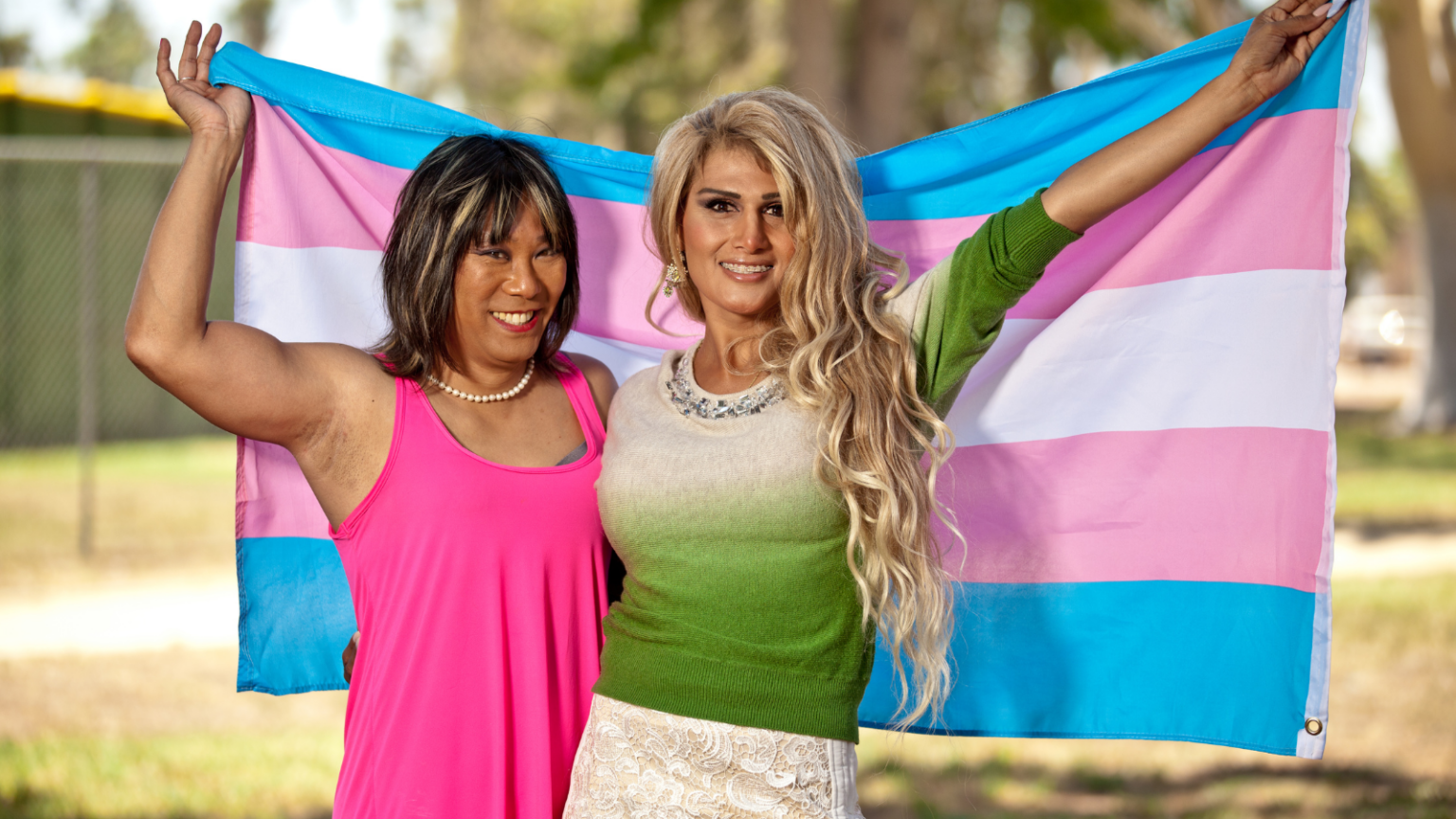International Day of Action for Trans Depathologisation

What does depathologisation mean?
Pathologisation involves all medical, social, and legal processes in which trans people’s identities are seen and treated as disorders. Complete depathologisation would mean trans people are no longer considered as ill or treated as such.
Depathologisation goes far beyond the removal of trans-related categories from medical statistical manuals; it encompasses a whole range of social and legal changes that allow trans people to self-determine their gender, be legally recognised, and freely access their rights.
Current situation
ICD-11
Last year, the World Health Organisation adopted the ICD-11, in which trans identities are formally de-psycho-pathologised. Trans-related categories have been removed from the chapter on Mental and Behavioural Disorders and added in a new chapter called Conditions Related to Sexual Health. Two categories are included: Gender incongruence of Adolescence and Adulthood and Gender Incongruence of Childhood.
Healthcare access
Denmark and Malta are the only two countries in Europe and Central Asia that depathologised trans identities, meaning no prior psychiatric diagnosis is required to access trans-related care. Malta is the only country to prohibit conversion therapy on grounds of gender identity. In most countries, resources allocated to trans care are very limited. Pathologisation (i.e. gatekeeping) processes contribute to the centralisation of these services and to bottleneck situations with very long procedures and waiting times. These abusive situations have a negative impact on trans people’s health.
Legal gender recognition
31 countries in Europe and Central Asia still require a mental health diagnosis to access legal gender recognition, and only 6 countries allow for procedures based on self-determination. 27 countries in the region still require some kind of medical intervention.
Other areas of life
Trans people are often required to show a psychiatric diagnosis to have their gender respected (e.g. in schools, at the workplace, etc.). Pathologisation is also a social issue; it is the lens through which many cis people see trans people. Social pathologisation is connected to transphobic beliefs, attitudes, and violence.
Current added challenges: COVID-19 and anti-gender movements
The COVID-19 pandemic is impacting trans people’s health disproportionately. The social, economic, and health effects of this crisis, together with an increased difficulty in access to general and trans-specific care, are severely affecting trans communities.
Anti-gender movements continue to grow, both in the right and left sectors. This trend has benefited from the COVID-19 crisis, and we are seeing strong threats directed at trans communities, including access to rights such as legal gender recognition and healthcare. These movements are promoting the further pathologisation of trans people.
What we ask for
ICD-11
- The replacement of the term ‘gender incongruence’ with a non-pathologising and non-stigmatising term.
- The complete removal of the category Gender Incongruence of Childhood, while ensuring access and coverage to support systems for trans children.
- A rapid implementation of ICD-11 at the country level.
Healthcare access
- An expansion of public healthcare coverage as established in the Universal Health Coverage framework that ensures access to trans-related care.
- The development of legislation and medical protocols that are compliant with human rights and ban any type of pathologising and gatekeeping process for accessing trans-specific care (for more information, see TGEU’s guidelines).
- Legislation that prohibits conversion therapies on grounds of gender identity.
Legal gender recognition
- Legislation that allows for self-determination procedures and is compliant with human rights standards (i.e. no medical requirements and no age, migration status, or gender identity limitations).
Other areas of life
- Legislation that guarantees the recognition of trans people’s name and gender in all areas of life in a way that is compliant with human rights standards (i.e. self-determination).
- The protection of trans people against discrimination and violence in all settings.
- Increased efforts to educate society in a way that is representative of all genders and bodies.
Current added challenges: COVID-19 and anti-gender movements
- The protection and prioritisation of trans people’s access to healthcare during the pandemic, including general care – both physical and mental, and trans-specific care.
- Increased financial support by institutions and donors to trans communities and groups, especially for those being more severely impacted by the crisis.
- Condemnation and coordinated efforts from States and regional institutions to combat transphobic attacks coming from anti-gender movements.